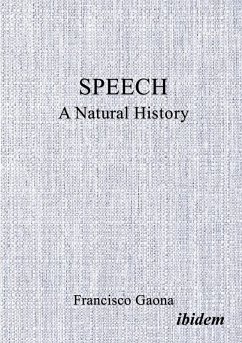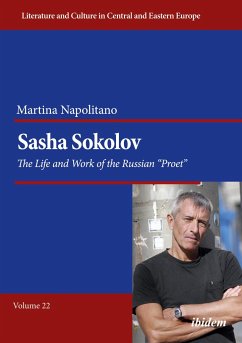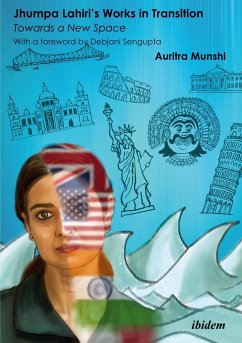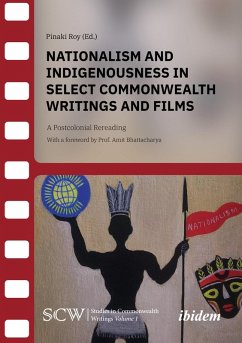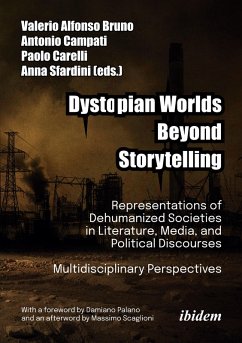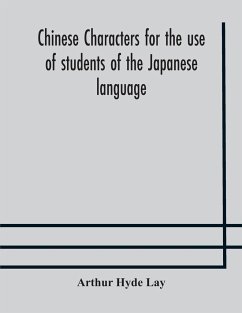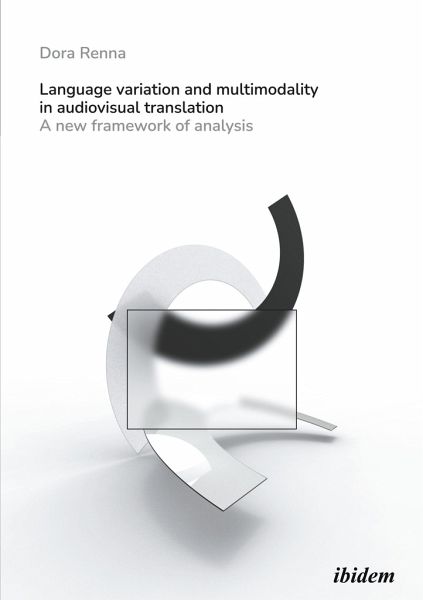
Language Variation and Multimodality in Audiovisual Translation
Versandkostenfrei!
Versandfertig in 6-10 Tagen
29,90 €
inkl. MwSt.
Weitere Ausgaben:

PAYBACK Punkte
0 °P sammeln!
Society is characterized by a constant flow of multimodal products, which increasingly blur the lines between screen and reality, and audiovisual translation allows overcoming geographical and linguistic frontiers between small realities across the planet. However, research has long struggled to adapt its methodologies to effectively analyze such phenomena, and even more to scale its results through larger corpus analyses. Dora Renna proposes a pioneering framework, informed by the latest trends in audiovisual translation and multimodality and fit to achieve the complex task of operatively inc...
Society is characterized by a constant flow of multimodal products, which increasingly blur the lines between screen and reality, and audiovisual translation allows overcoming geographical and linguistic frontiers between small realities across the planet. However, research has long struggled to adapt its methodologies to effectively analyze such phenomena, and even more to scale its results through larger corpus analyses. Dora Renna proposes a pioneering framework, informed by the latest trends in audiovisual translation and multimodality and fit to achieve the complex task of operatively including multimodality in a rigorous corpus analysis of source and target versions of films characterized by language variation as a key element of character design.While language is at the core of her analysis, its role in the broader audiovisual context is explored thanks to a solid network of relations that shed light on linguistic and translational choices as well as on their implications.Framework and methodology are explained in detail and thoroughly applied to the case study to show how this perspective contributes to move a step forward in corpus-based audiovisual translation studies. The results obtained are unexpected and urge readers to overcome old attitudes towards audiovisual translation and multimodal corpora.




